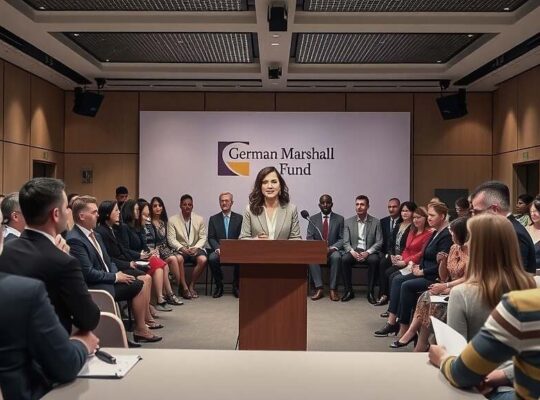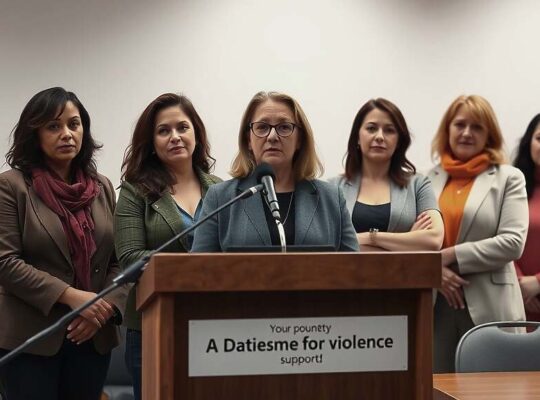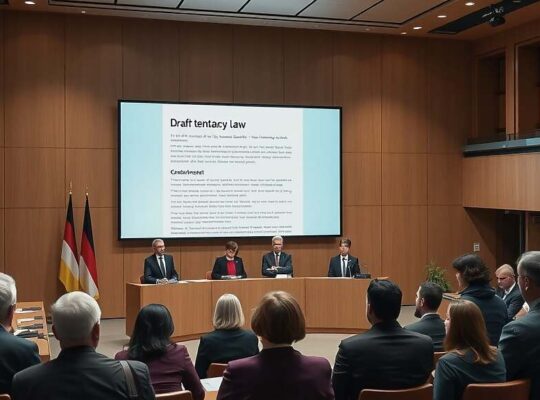A recent survey commissioned by the Frankfurter Allgemeine Zeitung and conducted by the Allensbach Institute for Demoscopy reveals a concerning decline in public confidence regarding the ability of democratic systems to effectively manage crises compared to their authoritarian counterparts. The shift, observed within a remarkably short timeframe, raises critical questions about the perceived resilience and efficacy of democratic governance in the face of escalating global challenges.
The survey, conducted through in-person interviews with 1,011 participants between October 23rd and November 6th, 2025, found that only 50% of respondents now believe that current problems can be adequately resolved within the framework of the democratic system. This represents a significant erosion of faith in democratic capabilities, particularly in areas considered paramount to national security and public health.
Perhaps most alarming is the dramatic decrease in confidence pertaining to the handling of military crises. Just two years ago, 53% of Germans held the view that democracies were better equipped to navigate such conflicts. This figure has now plummeted to 44%, while the proportion believing authoritarian systems are superior in this regard has more than doubled, rising from 14% to 31%. This unsettling trend directly correlates with ongoing geopolitical instability and the protracted conflict in Ukraine, generating a pervasive sense of vulnerability amongst the population.
The decline in trust extends to the realm of public health. The survey documented a stark reduction in the belief that democracies are better at managing health risks like pandemics, dropping from 57% to a concerning 41% in just two years. This erosion of confidence likely reflects critiques of governmental pandemic responses, highlighting perceived bureaucratic inefficiencies and failures to effectively communicate risk and implement preventative measures.
The overarching question posed to respondents – comparing the perceived efficacy of authoritarian versus democratic states in addressing contemporary global challenges – underscores a growing disillusionment with the perceived strengths of democratic governance. The findings prompt vital introspection within political circles, demanding a critical evaluation of policies, communication strategies and the mechanisms by which democratic institutions demonstrate responsiveness and adaptability to the complex and evolving crises facing the nation. Furthermore, the shift warrants examination into potential contributing factors, including the impact of disinformation campaigns and the influence of alternative narratives questioning the fundamental principles of liberal democracy.












